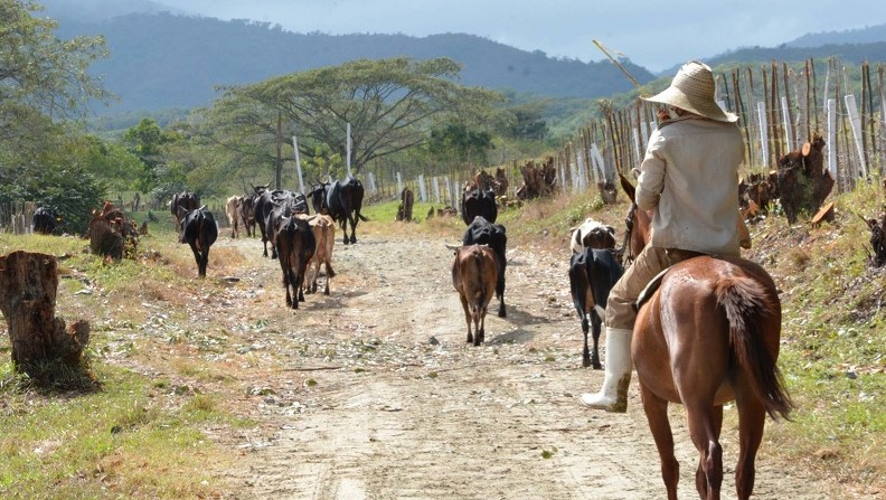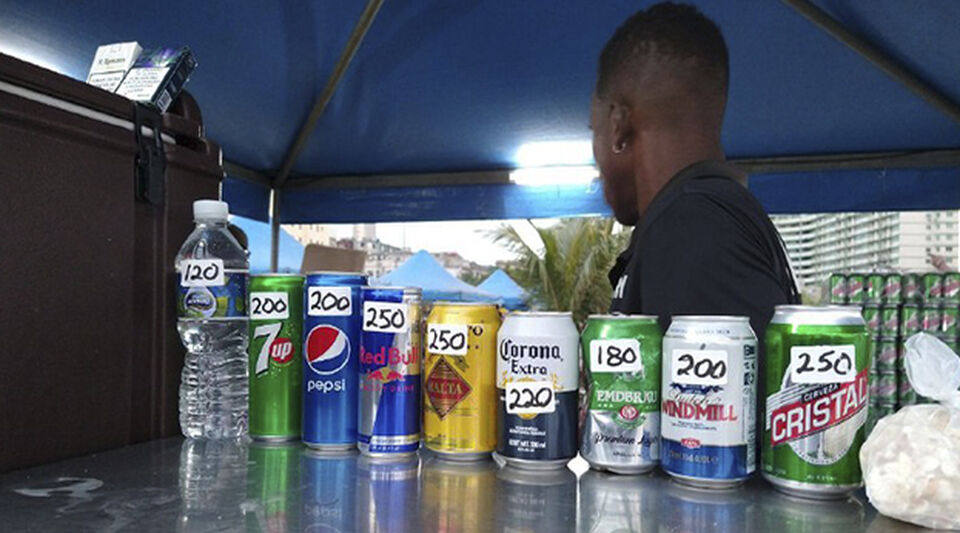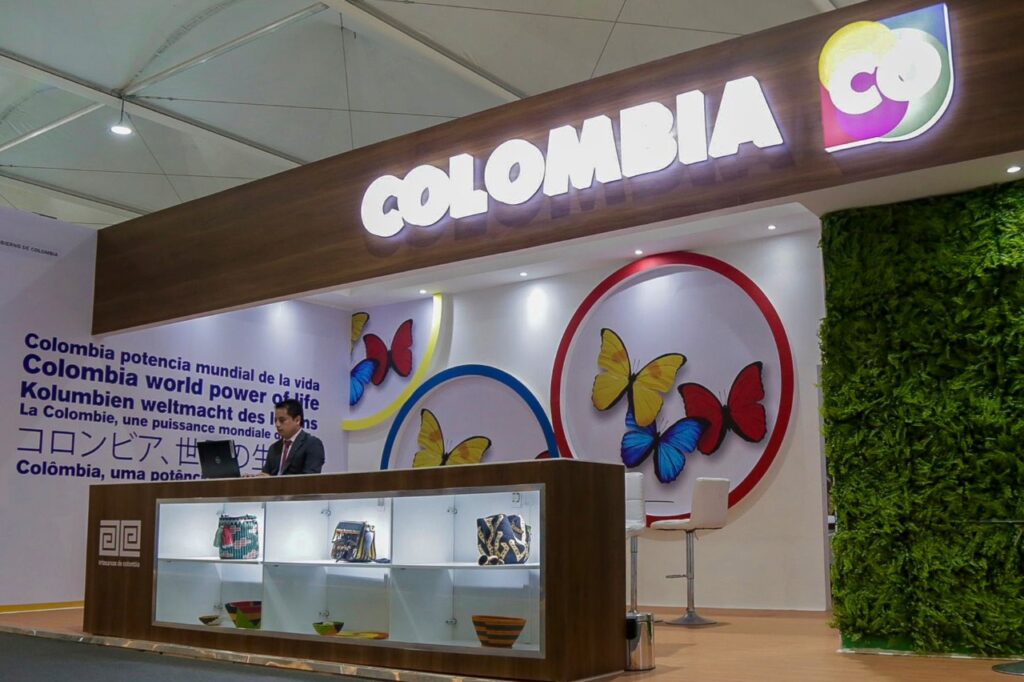LAS TUNAS, Cuba. — When you just finished the national plenary of cattle ranching —which was in session for several days last week—, the governor Miguel Díaz-Canel participated in the final day, who said that state officials and directors had to go to the field, to talk with the producers, who are the main actors in livestock, because without them, there is no meat or milk.
In this event, which welcomed the participation of government officials and cowboys from all over the country, including the Ministers of Agriculture and the Food Industry, it came to light that the State only owns 10.8% of the national herd, since 80% of the bovine mass, which is currently made up of 3,645,000 head, is, according to the Granma newspaper last Monday, “owned” by 142,733 individual producers, scattered throughout the Cuban archipelago.
When the newspaper of the Communist Party of Cuba (PCC) published those figures, considering that my father was an experienced cattle breeder since the 1940s and that I myself owned cattle and horses, this Tuesday I was summoned by the journalist Tomás Cardoso, host of the program Cuba al día, on Radio Martí, who asked me: “Alberto, do you really believe that in Cuba 80% of cattle are privately owned, that the State only owns that percentage (10.8)? What a date Granma?”
Since the radio is usually a volatile medium, and because of the importance of livestock in any nation and even more so in Cuba, a country that once produced meat and milk, where for more than 60 years these products have been rationed and must be imported due to the inability to produce them in the national territory, I want to bring the readers of CubaNet what was said on Radio Martí: “It is a sophistry, yes, a false reasoning, that which says and affirms that in Cuba 80% of cattle are privately owned. The falsehood lies in the fact that no “owner” of cattle, whether milk or meat, can freely dispose of the production of their herd, because in Cuba, and as is the case with coffee, tobacco and other products, it is the Castro-communist totalitarian state the exclusive and only monopolistic buyer”.
The farmer cannot sell the milk of his cows or his fattening animals but to the state companies, called the “dairy” or the “meat”, and if he does not do so, he can be led to a “forced sale” of his animals . This administrative measure is unique in case of owning the land. If he were the usufructuary of state-owned land, in addition to the forced sale of the cattle, his possession of the farm would be terminated, so that person and his family would be evicted from land that for years had remained idle and covered with invasive weeds, until they were refurbished for production at the cost of thousands of pesos, including dollars provided by family members living abroad. It could be the case that, in addition to the administrative measures, crimes typified as illicit economic activities, or illegal slaughter of large cattle and sale of their meat, are charged, to name just two examples.
It is estimated that in 1958 Cuba, with a population of around six million inhabitants, had a herd of six million head of cattle. Today, with more than eleven million Cubans, the national herd is barely half of what it was sixty-four years ago: 3,645,000 heads, according to official sources. It’s probably less.
Not being able to dispose of their animals as best suits them, a cattle rancher in Cuba is a mere servant, even if he believes he is an owner. Calling him “owner” is a euphemism, yes, a mild way of not calling a simple shepherd a vassal who supplies raw materials to the “socialist state company”, that is, the State monopoly, which is the true owner and lord in a communist country. . For this reason, the ruler Miguel Díaz-Canel ordered that state officials and directors go to the field to speak with the producers, understood as caporales.
OPINION ARTICLE
The opinions expressed in this article are the sole responsibility of the issuer and do not necessarily represent the opinion of CubaNet.
Receive information from CubaNet on your cell phone through WhatsApp. Send us a message with the word “CUBA” on the phone +525545038831, You can also subscribe to our electronic newsletter by giving click here.















